Ecumenism
It’s the 24th edition of the ecumenical initiative established in 1991 on a decision of the German Bishops’ Conference and of the Central Catholic Committee (ZdK) to respond, at the time, to the challenges raised by the laws on abortion. The scope of issues addressed across the years is “as broad as life”, states the website of the initiative, ranging from old-age to disabilities, from bioethics to the Creation and the family. This is the second of a three-year cycle devoted to childbearing: in 2017 the event was dedicated to medicine and reproduction techniques, this year the focus is on pre-natal diagnosis.

“The desire to have a child. A desired child. Our child” is the title of the Week for Life 2018 promoted by the Catholic Church and the Evangelical Church in Germany (April 14-21). It’s the 24th year of the ecumenical initiative established in 1991 on a decision of the German Bishops’ Conference and of the Central Catholic Committee (ZdK) to respond, at the time, to the challenges raised by the laws on abortion. The scope of the issues addressed across the years is “as broad as life”, states the website of the initiative, ranging from old-age to disabilities, from bioethics to the creation and the family. It’s the second of a three-year cycle devoted to childbearing: in 2017 the event was dedicated to medicine and reproduction techniques, this year the focus is on pre-natal diagnosis.
The underlying goal, states the introductory document of this year’s initiative, is “to encourage parents to accept their child unreservedly.” The Week, which is always opened by an official national ceremony, thrives and is rooted in local communities with a wide range of initiatives, whose nature varies according to the different contexts, ranging from prayer to celebrations, round tables, ecumenical activities organized at local level, all united by the same overarching theme of the event. We interviewed the bishop of Treviri Mons. Stephan Ackermann, referent of the Week for the German Bishops’ Conference.
In some cases, the Catholic and the Evangelical Churches hold opposing views on life-related themes: how did you manage to organize the Week for Life together for the past twenty years?
The two Churches have been working together for many years with deep mutual respect and on many different levels, including issues on which our positions don’t always coincide.
The Week for Life gives a primary role to positions that we unquestionably agree upon.
How and why did you chose this year’s theme?
It has high topical relevance. For example, non invasive pre-natal screening is the first of a series of genetic molecular tests that are currently being launched on the market, requested to be included in the list of services covered by health insurance. Diseases and disabilities of the newborn are diagnosed without risks during pregnancy, but no mention is made of related therapeutic treatment. And when the result of the exam is positive, couples are often taken aback.
Studies show that when trisomy is diagnosed, 90% opt for abortion.
It is therefore necessary to expand accompaniment and counselling services. We feel it is our duty as Churches.
How could Pope Francis’ appeal to “go forth” and live out the reality of the world, be interpreted against this backdrop?
It’s an appeal to take seriously the realities of the world. We go to the “peripheries” of society when we relate to those who are deceived by a social understanding whereby children with disabilities must or should no longer be born. Many women and parents are insecure, they need support and counsel to help them cope with a personal crisis or with inner distress following termination of pregnancy. It’s all about something that is no longer mentioned, namely, that every child is a creature loved by God.
Are further innovations planned for the website and graphical layout of the 2018 edition?
We wanted a “relaunch”, as it is called today, with a very beautiful term. We wanted to change the graphic design and layout, which had become outdated. We learned from the feedback we received that many parishes appreciated it and felt involved by this new proposal.
What echo does this initiative have within the Churches? How is it viewed by society as a whole? The Week for Life continues being well-received across society; it also garners the interest of news media. We are still working towards a national plan of all the events taking place during the Week. There is always a high request of materials (posters, documents, etc.), which leads us to believe that the initiative is followed with great dedication in many communities.